The Southeast Asian region’s internet economy has hit a key milestone, reaching $100 billion in market capitalization for the first time in 2019. This represents a 39% increase from the previous year. Money is moving in and out of this region in ways never before seen.
Audrey Hall is SVP, Product and Marketing at Brightwell, one of Atlanta’s fastest growing fintech companies
Audrey and Emily talked about Audrey’s mission at Brightwell, a payments technology company whose fintech solutions serve seafarers on the world’s major cruise Iines including Carnival, Norwegian, and more. We talked about the war on cash in the US and abroad, combatting fraud, and how Brightwell approaches educating users who are mostly unbanked or underbanked. Plus, the relationship between product and marketing.
Audrey Hall
is SVP of Product and Marketing at Brightwell, where she is focused on building financial products that transform global workers’ lives. Previously, Audrey served as VP of Client Strategy at 352, Inc.
Play this episode anywhere:
“Our purpose really is to help these underbanked, underserved communities who deserve the same access to the tools that we all have. That they are included in this financial world where You can have your dreams be possible by savings, by thinking about budgeting.” - Audrey Hall
TOPICS & TIMESTAMPS
1:39 Meet Emily’s guest, Audrey Hall
2:05: What does Brightwell do?
2:34: Brightwell is a fintech company out of Atlanta. They create financial technology products that serve the specific needs of migrant workers. Strong focus in the maritime industry. They help people send money home to their families and join the digital economy. Digital and financial inclusion.
“When we looked at payments in the cruise industry, it was kind of archaic.”
3:24: On-ship payroll payments are often done in cash. It’s risky and not cost-efficient. Brightwell offers a solution and serves people from 140 different countries around the world.
4:50: Brightwell’s clients include seafarers on cruise lines such as Norwegian, Carnival, Princess, Aida, Costa and more.
“The digital economy at large is something we’ve come to expect in the Western world.” - Audrey Hall
5:50: 2 billion people today are unbanked globally
6:05: These users offer tremendous opportunities for financial and corporate expansion, but their needs are unique and are impacted by language barriers, B2C interactions, education levels, and more
6:50: Build trust and empathy with various user groups
7:55: How do ATMs play a part in all this? ATM use is complicated and sometimes risky.
8:50: People are drawn to hard currency and the physicality of cash. Brightwell tries to help users understand why digital funds can be safer for them and their families, while respecting the ways that cash is still important for certain use cases and cultures.
9:25: Countries like Sweden are going cashless. 30% of Americans don’t use any cash in a given week.
9:40: Cash vs Digital. What are the pros and cons of each? How do you manage risk?
11:00: We’re more hesitant to offer up personal information (especially PII) these days. Companies like Brightwell work hard to ensure digital users are protected but fraud is rampant.
12:30: Real talk: Fraud can impact user experience and brand reputation. How do you deal with that?
“It’s something we will continue to iterate on and find new ways to educate users on.” “Yeah they are going to blame us, but it’s our responsibility to take care of them and make their experience the best it can be.” - Audrey Hall
14:34: Companies should be the guide, not the hero. Base your marketing and messaging around this guiding principle. It’s all about servicing the person who is using your product.
Each person who works at Brightwell is bought into their core principle and aims to put the user experience first.
15:05: Brightwell’s core principle: user first.
16:50: What is the difference between unbanked and underbanked? In the U.S. there are 55 million unbanked individuals
17:37: People depend on cash and keeping those systems in place is equally important as educating them on digital banking services.
18:19: How has Brightwell transformed itself in the last few years? Adopting more of a startup mindset.
19:20: Product testing: Brightwell works to understand the language and flow that would resonate most with clients based on their one-on-one user experience testing on prototypes (e.g. payment app Brightwell Navigator on Android and iOS)
19:50: “Focus groups are not your friend!”
21:17: Your product and marketing departments should be in constant communication. It will help you find the “why” behind your products. Collaboration is key.
22:00: What’s next for Brightwell and Audrey?
23:23: Brightwell is launching in the Philippines this year with a physical location.
26:00: Each year Brightwell is iterating and growing. Everyone there is committed to the purpose of the organization.
Audrey’s podcast recommendations: Reply All podcast episode 102 “Long Distance” and 103 “Long Distance, Part II.” It focuses on fraudsters like tech support scams based, suspicious callers, etc, and takes you behind the scenes as they track down an Indian call center that is scamming people.
Connect with Audrey Hall on LinkedIn and Twitter: @ansianko
Learn more about Brightwell and follow @BrightwellApp on social.
















